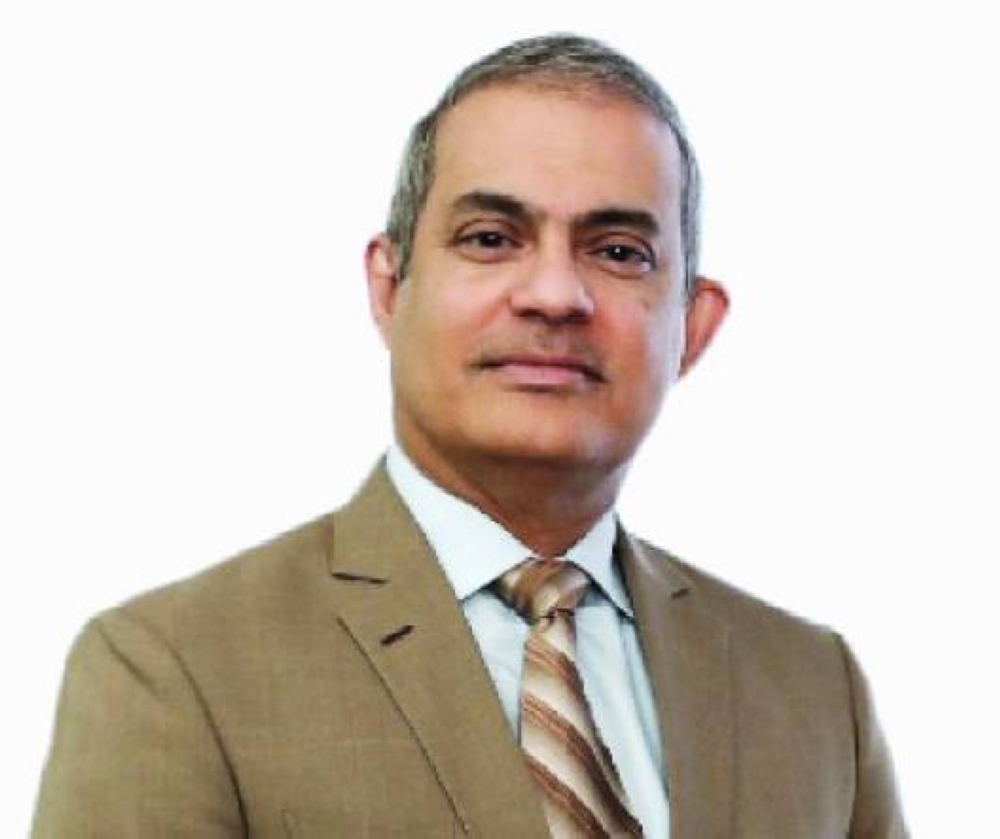The director of the Regional Bureau for Asia and Pacific Region of the UN Refugees Agency (UNHCR), Indrika Ratwatte, said Qatar's efforts are not limited to just humanitarian work, but has surpassed that with its continuous call for advocacy of humanitarian principles through dialogue, in addition to its strategic discussions on means to de-escalate and help resolve complex issues.
Such contributions are of great importance to UNHCR, given that Qatar is a leading country in the Gulf region, and its influence transcends the Gulf geography, he added.
In an interview with QNA, Ratwatte said Qatar has played an important and pivotal role that is not limited to providing humanitarian aid, but has enabled dialogue, creating spaces for consultations, and encouraging stakeholders' approach in solving complex problems, moved by its deep belief in the importance of serious dialogue.
"Qatar is part of the core group of member states for the Afghan solutions and strategy with the UNHCR and has played a very important role not just as I said in providing humanitarian assistance in the moment of crises for the people of Afghanistan but at the political level enabling a dialogue, making that space for discussions, encouraging multi-stakeholder approach to resolve complicated issues," he said.
On the projects needed for refugees to achieve an adequate standard of living, the UN official said the main emphasis should be to cover areas like food security, shelter, water sanitation, which are related to daily support, stressing that projects on education, skills, and livelihood are more important because refugees, particularly the youths, need these skills.
Thus, he stressed, investment in education and skills is a priority for the development of human capital of young refugees, so that while they remain in the host country they can contribute and when they go back they have to build their country of origin.
Ratwatte pointed out that the main challenges facing the UNHCR are supporting the host countries in managing and assisting refugees in order to share the burden with the host countries, and getting the international community to work also on solutions on how to assist refugees.
He said the impact of Covid-19 on the global economy and for host countries has been huge in Asia-Pacific, causing - in many countries - hyperinflation, currency devaluation, food insecurity, energy cost and supply chain crises. He stressed that the big challenge for the UN this year is to address the immediate care and support for refugees because host countries and host communities are finding it very difficult to look after millions of refugees, making it necessary to provide strong solidarity and support to refugees and host communities for day-to-day management.
The director of the Regional Bureau for Asia and Pacific Region of (UNHCR) referred to the mid to long term investment in skills and education so that the youth don't fall behind. He stressed it is more challenging to address the root causes of the issues.
"Refugees want to go home, they want to have peace and stability back home, so the UNHCR works with the host countries, the country of origin, the regional countries, and the international community at large to really try to find and encourage dialogue, diplomacy, and solutions, which are often political solutions," he said acknowledging and appreciating Qatar efforts over the years to promote dialogue for realising stability and providing aid to refugees.
Ratwatte talked about some programmes which target out-of-school children, especially those in primary education "which is extremely important."
He pointed out that UNHCR's close partnership with Education Above All Foundation, Qatar Fund for Development (QFFD) and the Qatari government has had a very direct impact on primary education. "We have focused particularly also on the girl child and adolescent girls and others to give them skills that would help them with earn a livelihood," he said.
The UN official pointed out that Qatar has a programme for education of Rohingya children in Malaysia as it was not easy for the refugee children to access education in Malaysian schools. The Qatari government has many programmes to help refugee children, he added.
"Investments in increasing access to education skills and help is incredibly important. In Bangladesh, today the Rohingya refugees are in what is the largest refugee camp in the world with 850,000 people," he said stressing the need for more investments, particularly for skills and livelihoods because 65% of the population are young people without opportunity, without skills and education.
Ratwatte also lauded Qatar's outstanding efforts in hosting the FIFA World Cup Qatar 2022. "The fundamental of sport is embracing diversity," he said adding that despite challenges and differences there is a common ground for everyone to work with, and that common ground is tolerance, inclusion, coming together, which was demonstrated in the World Cup.

